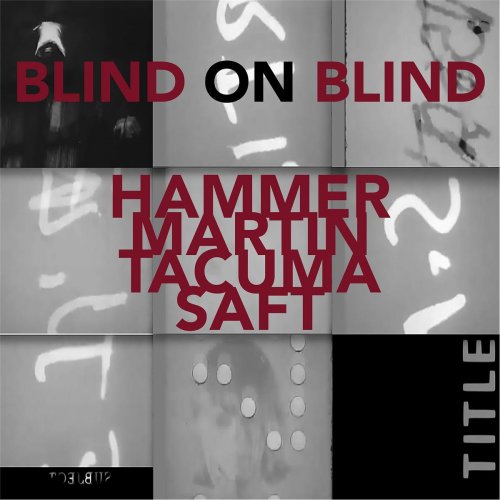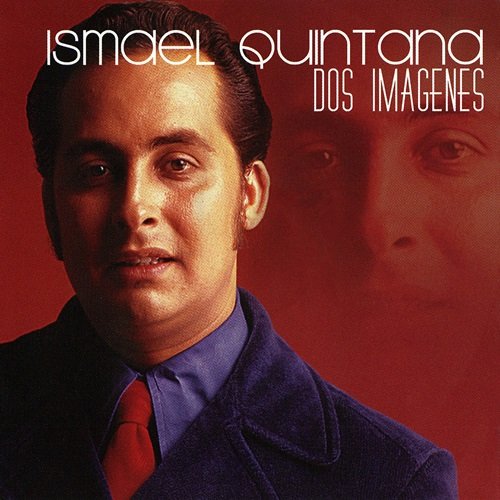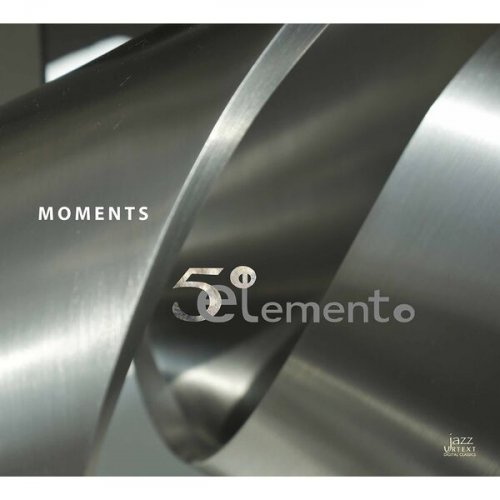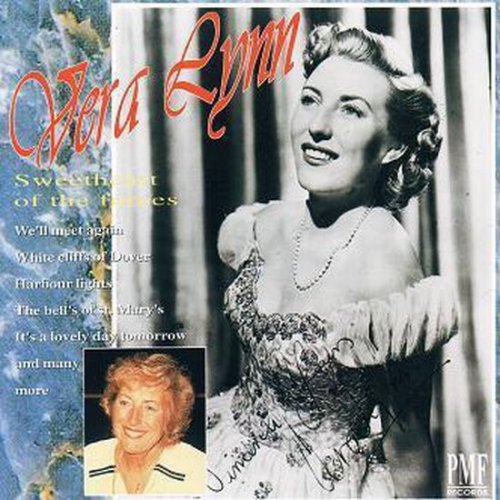Royal Philharmonic Orchestra, Josep Caballé-Domenech - Respighi: Roman Trilogy (2011)
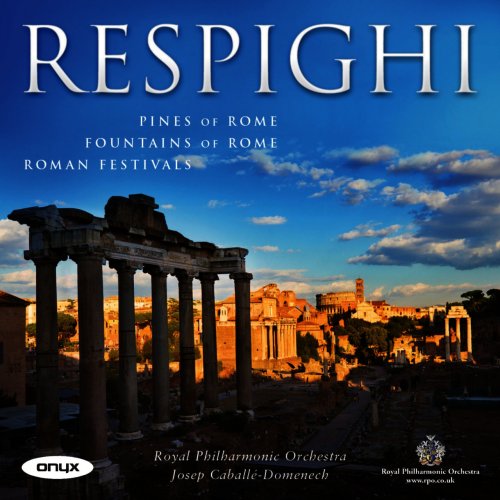
Artist: Royal Philharmonic Orchestra, Josep Caballé-Domenech
Title: Respighi: Roman Trilogy
Year Of Release: 2011
Label: Onyx Classics
Genre: Classical
Quality: FLAC (tracks)
Total Time: 01:02:43
Total Size: 272 Mb
WebSite: Album Preview
Tracklist:Title: Respighi: Roman Trilogy
Year Of Release: 2011
Label: Onyx Classics
Genre: Classical
Quality: FLAC (tracks)
Total Time: 01:02:43
Total Size: 272 Mb
WebSite: Album Preview
1. Pines of Rome: I. I Pina di Villa Borghese 02:46
2. Pines of Rome: II. Pini Presso Una Catacomba 06:55
3. Pines of Rome: III. I Pini del Gianicolo 07:15
4. Pines of Rome: IV. I Pini della Via Appia 05:20
5. Fountains of Rome: I. La Fontana di Valle Giulia All'Alba 04:27
6. Fountains of Rome: II. La Fontana del Tritone al Mattino 02:39
7. Fountains of Rome: III. La Fontana di Trevi Al Meriggio 03:16
8. Fountains of Rome: IV. La Fontana di Villa Medici Al Tramonto 05:39
9. Roman Festivals: I. Circenses 04:25
10. Roman Festivals: II. Il Giubileo 06:58
11. Roman Festivals: III. L'Ottobrata 07:41
12. Roman Festivals: IV. La Befana 05:22
Performers:
Royal Philharmonic Orchestra
Josep Caballé-Domenech
This bright, sunny album features three works by Respighi played by the Royal Philharmonic Orchestra conducted by Josep Caballé-Domenech. The sparkling, exciting beginning of the Pines of Rome is marred by the treble-heavy recording, but one cannot help noticing the exciting motion in the music, or the somber grace of the flute and trumpet solos. Each movement of this piece reflects its character. The full-power, low brass do indeed conjure up catacombs, while the romantic, lyrical strings of the third movement, "I pini del Gianicolo," create the atmosphere of a moonlit night complete with harp, tender oboe, singing cello solo, and lovely orchestral colors. Once again, a recording issue mars the final movement, for its beginning is too soft, albeit deliciously menacing, but the glorious crescendo of arrival is a delight to hear. Caballé-Domenech and the Royal Philharmonic Orchestra truly understand the importance of each instrument, each voice. This is audible in the Fountains of Rome; the complexity of the music at the beginning requires a grand, full orchestra, yet the piece is still clear and accessible to the listener. The strings are especially noteworthy in the concluding movement, where they have perfect control en masse, as well as individual beauty, as can be heard in the violin solo. Roman Festivals is a dynamic work with a wide variety of moods and experiences within its four movements. The timpani and precise trumpets create the dramatic beginning of the piece, but this gives way to a brooding, melancholy second movement that has its own internal motion, and this, in turn, is followed by great, over-the-top jubilation. A haunting theme in the strings and then the clarinet is especially enticing in the third movement, where the violin sings and the orchestra dies out perfectly at the end. The conclusion of the piece (and the album) is especially appropriate, with waltz-like passages that conjure up a carnival. There is no questioning the good musical choices here, for these are head-on interpretations that do the music justice. Unfortunately, the recording quality does not do the orchestra justice, which makes for a less-than-satisfactory listening experience.

![Palle Mikkelborg, Claus Ogerman, Thomas Clausen Trio, Singapore Symphony Orchestra & Jean Thorel - Symbiosis · Tribute to Bill Evans (2026) [Hi-Res] Palle Mikkelborg, Claus Ogerman, Thomas Clausen Trio, Singapore Symphony Orchestra & Jean Thorel - Symbiosis · Tribute to Bill Evans (2026) [Hi-Res]](https://www.dibpic.com/uploads/posts/2026-01/1768323882_folder.jpg)


